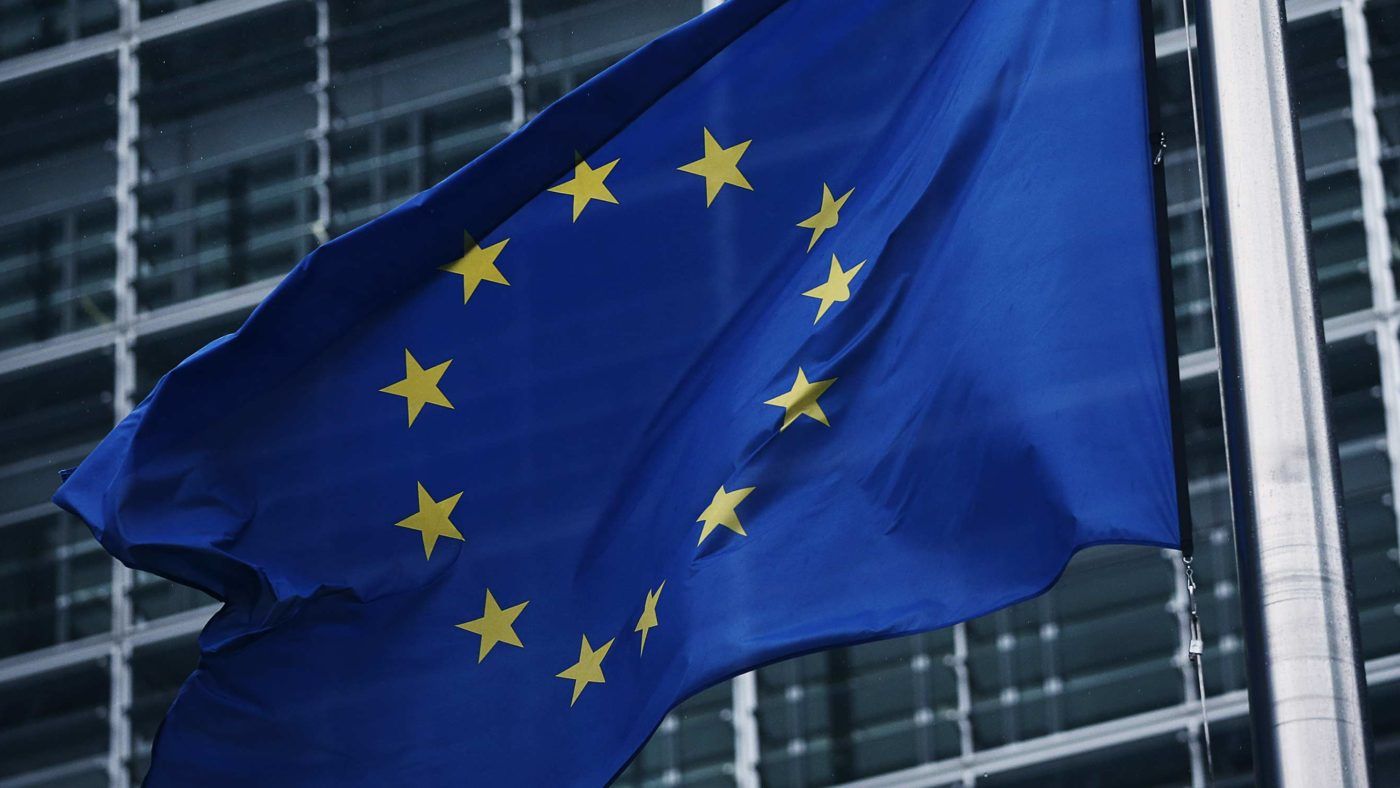In the bad old days, it was very easy to spot the most interesting documents published by the European Commission. They tended to be in French. Not just any old French, but technical French – like the 130-pager setting out the details of ERM II, which John Major’s government was quietly considering pursuing.
They would also, of course, only be available in hard copy – which meant that you first had to know they existed and then work out in whose office they might sit, then try to get something faxed over. The only difference from a Douglas Adams script is that they were not on display in the bottom of a locked filing cabinet stuck in a disused lavatory with a sign on the door saying ‘Beware of the Leopard”.
A lot of that changed when the EU spent hundreds of millions of euros on a massive website. But some of it didn’t.
IDOC is the Investigation and Disciplinary Office of the Commission. Every year it publishes – and I use the term loosely – an annual report looking at disciplinary cases involving Commission staff.
To get hold of it, however, you have first to become aware that the report exists – and then to request it under Freedom of Information laws. As we at The Red Cell did.
Why the secrecy? Because every year, the report contains a litany of embarrassments which the system prefers to sweep under the carpet. For those of us who have dedicated ourselves to exposing EU fraud and waste, its annual appearance is like Christmas. Or Thanksgiving. Or perhaps Halloween.
In this year’s edition – which we’ve put online here – there isn’t, alas, anyone who is being disciplined for running a brothel. But there is someone who has been caught running their own unofficial insurance brokerage from their desk. Then there was the dodgy cheque sent back to the issuer by the bank – at which point it was discovered that a Commission employee had altered the payee from the EU into his own name.
Some of the cases look strangely familiar. One wheeze repeated from past editions is the abuse of expat allowances for staff posted overseas. These are grants which facilitate people moving on to their next posting. In this case, fake returns were made regarding the ownership of a boat and two motorbikes, meaning removal costs were paid for by the EU (by which of course we mean the taxpayer).
Then there is the case of a staff member who falsely claimed to have got back together with their partner after they split in order, to claim their EU allowances. Or there’s a case which looks suspiciously like an EU employee becoming involved in a car accident and trying to hide behind diplomatic immunity.
It’s possible to argue that there are similar cases across all civil services, or even companies. That these insights into the seamy side of EU activity remain snapshots, and partial ones at that.
But that is precisely the problem. The EU’s allergy to transparency means that at no point do we get the full picture. What is the true story behind the case where the individual who complained about sexual harassment ended up being the one subject to disciplinary action? Or the contract agent who was found to have been contemptuous and critical towards a colleague – a misdemeanour exacerbated (in the committee’s eyes) when he “gave wide circulation to his ideas about how to improve the situation in the service, without either having been asked, or having the authority to do so”?
The real issue here is not about a relatively small number of cases where wrongdoing has been found – though it is certainly significant that only a quarter of them ultimately involved any form of official sanction. It is the continued official tendency to gloss over failures in the system. It’s the fact that documents like this need to be proactively hunted down – that whistleblowers within the EU have been punished and hounded in the past, and continue to be so today.
You might ask how much this all matters, given that we’re leaving anyway. But the EU’s financial management will remain a critically important issue even after Brexit. The negotiations will include in their remit the extent to which the UK remains liable for medium-term budgets to 2020 and even beyond. And a debate is ongoing over whether the UK should sign up to massive pooled budgets in particular areas, such as research. Some politicians are also arguing for us to remain a full member of a range of Euroquangos, with all the budgetary, administrative and legal consequences that such entails.
Yet no one is talking about whether there are inherent and irredeemable flaws within these very systems.
The EU’s finances run the way they do because no one has a sense of ownership of the funds. It is always “someone else’s money” that is being abused.
Brexit won’t change that. Taking back a sense of ownership of the money will.


